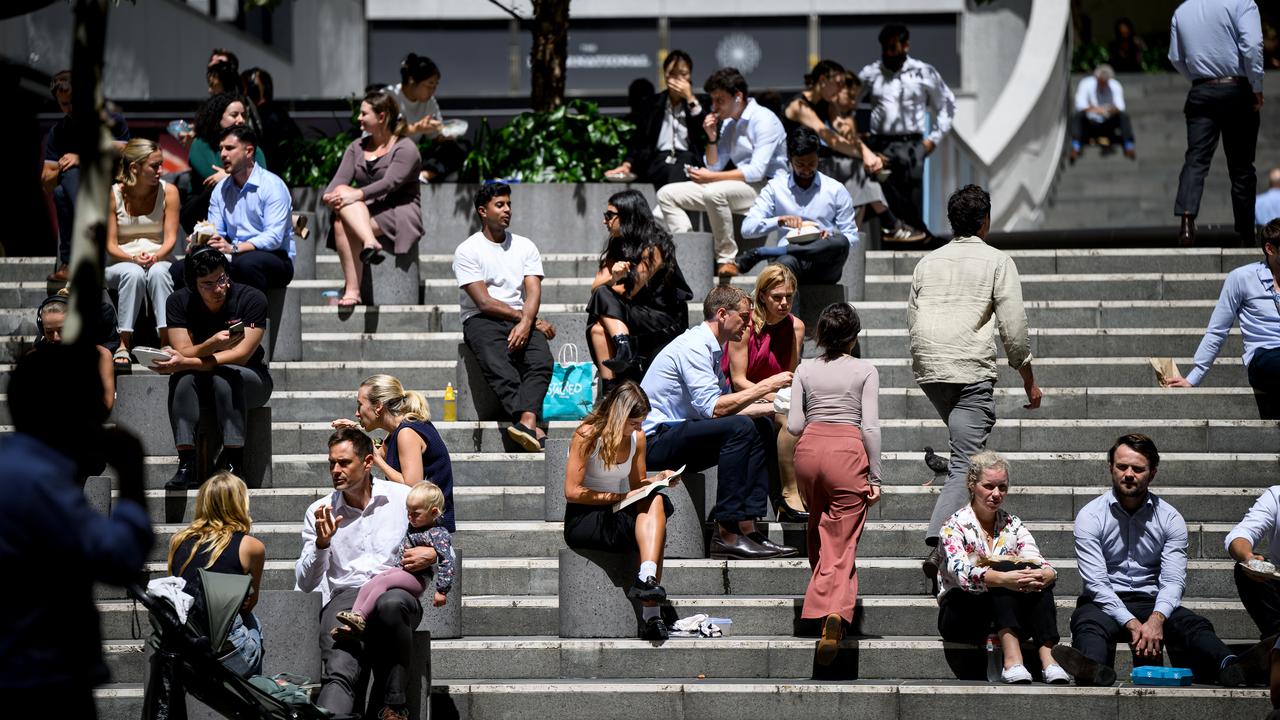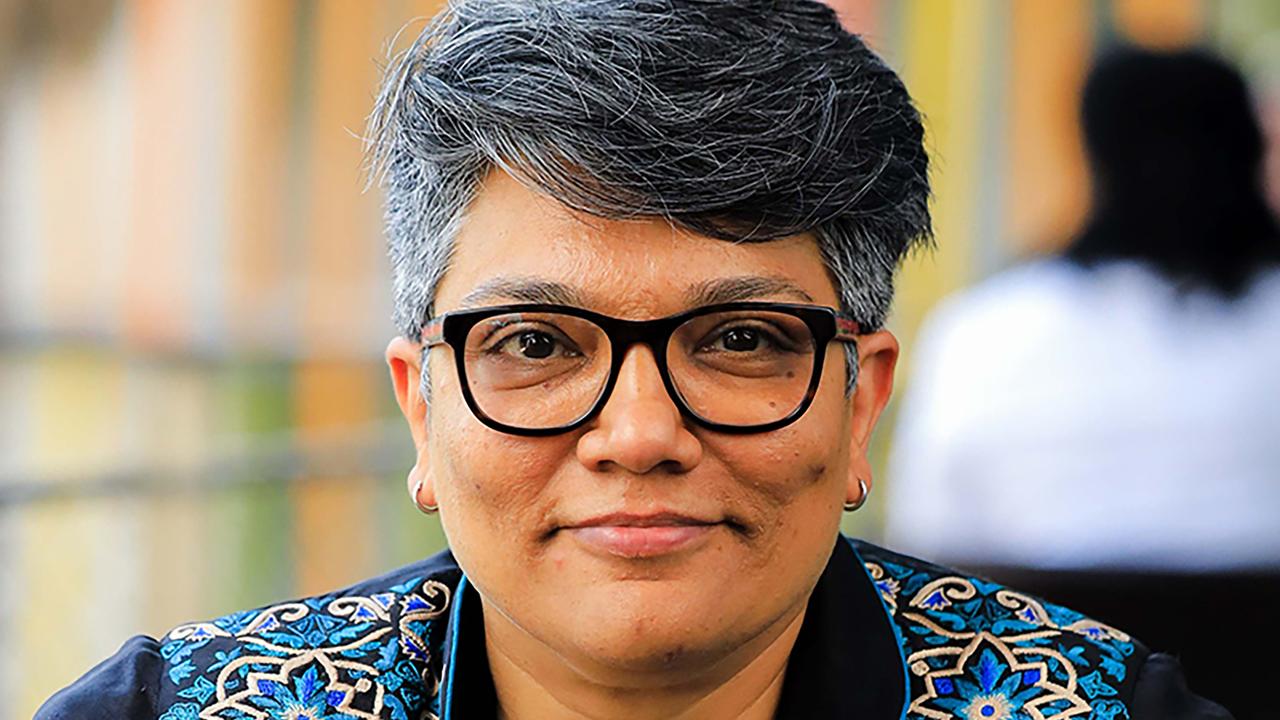
Leadership, knowledge sharing, feminism and activism will be themes of a major gender equality conference to be hosted in Australia for the first time.
Women Deliver, a global organisation advocating for gender equality, will host its 2026 conference in Melbourne, the first time the event is being held in the Oceanic Pacific region.
More than 6000 advocates including grassroots organisers and policymakers are expected to attend to strategies, build solidarity and shape feminist futures.
In anticipation, Women Deliver has launched its Feminist Playbook, a strategic documented that will be finalised at the conference in April.

Australia was part of a region at the forefront of climate justice, gender equality and decolonisation which made it an important part of the global conversation on these issues, Women Deliver president Maliha Khan said.
"Right now we're living through a backlash against gender equality as democratic norms are being eroded, funding is shrinking, and the most vulnerable, including girls, women, and gender-diverse people, are paying the price," Dr Khan told AAP.
"We're also seeing that the systems meant to protect our rights such as multilateral institutions, development aid and political commitments have failed.
"In truth, these systems were never designed by or for girls and women and the traditional development model, with its gatekeeping, colonial legacies and extractive structures, hasn't delivered justice."
The playbook aims to re-imagine and rebuild existing systems to ensure it works for the world's women and girls, not against them.
"In practice, that means governments, donors, civil society, and service providers can lift elements of the playbook straight into policy and programming," Dr Khan said.
"We can't cling to systems and narratives shaped by discrimination and colonial power. We have to re-imagine them so they actually serve girls, women and gender-diverse people."







